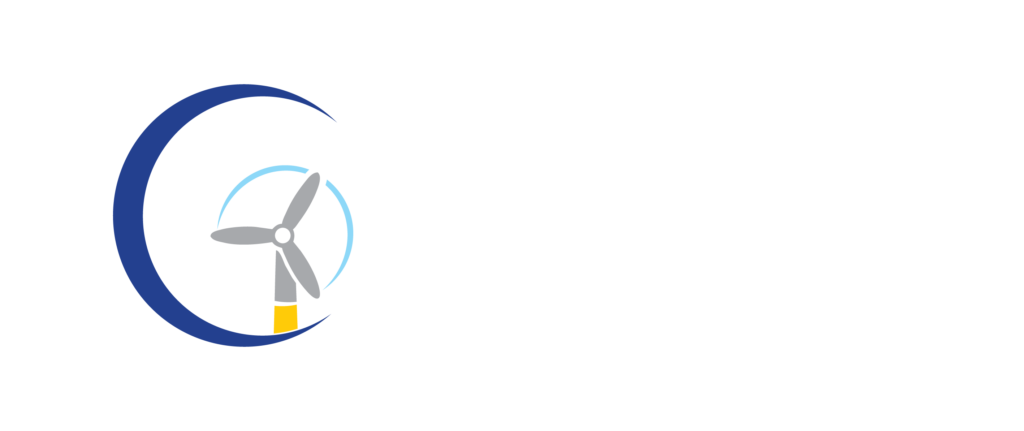Foundation Stage
Nursery (FS1) and Reception (FS2) children follow the Early Years Foundation Stage Curriculum which identifies Early Learning Goals. Children will work towards achieving these goals by the end of their Reception year. The children progress towards these goals by way of a series of developmental phases, and planned learning opportunities are linked to these steps.
Play is a powerful medium for learning and forms a sound basis for later teaching and learning. Through this play based curriculum, your child will have the opportunity to learn through first hand experiences, making sense of the world around them. They will develop and use intellectual, communication, social, and physical skills.Through both the indoor and outdoor learning environments, we offer the children a wide range of playful experiences where we encourage challenge, curiosity, risk taking and collaboration.
Characteristics of Effective learning
The Characteristics of Effective Learning underpin the ethos of the EYFS and equip children with the skills that they will need for life-long learning. The Characteristics of Effective Learning are:
Playing and Exploring
- Finding out and exploring
- Playing with what they know
- Being willing to have a go
Active Learning
- Being involved and concentrating
- Keeping on trying
- Enjoying achieving what they set out to do
Creating and Thinking Critically
- Having their own ideas
- Making links
- Choosing ways to do things
Children will work towards achieving the Early learning Goals (as outlined in Development Matters) by the end of their Reception year. The children progress towards these goals through a variety of child initiated and adult led learning opportunities, ranging across all areas of learning.
Learning in Foundation Stage is separated into seven areas, 3 Prime Areas and 4 Specific Areas.
Prime Areas
Personal, Social and Emotional Development (PSED)
The children are encouraged to establish and develop effective relationships with children and adults, to take turns and share, to develop confidence and independence, to be sensitive to the needs and feelings of others, to treat living things, property and the environment with care and concern, to express their feelings and behave in an appropriate way, and to show respect for people of other cultures and beliefs.
Communication and Language (CL)
Children will be provided with opportunities to talk and communicate in a wide range of situations. They will be encouraged to practice, extend and enrich their range of vocabulary and the communication skills they have. The children will be supported to develop their listening skills.
Physical Development (PD)
Children will be able to improve their fine manipulative and co-ordination skills by using a range of equipment, materials, and tools which encourage careful control. They will practice running, jumping, climbing, balancing, and using large and small apparatus, which will encourage them to move confidently with increasing control and awareness of space and safety. Children will begin to understand how their bodies work and what they need to do to be healthy and safe.
Specific Areas
Literacy (L)
Children will be encouraged to use, share and enjoy books and to join in with poems and rhymes. They are taught to write and draw with increasing control,
and learn to recognise and write letters, words and symbols, and to write their own names. FS1 and FS2 children are taught sound recognition through Read, Write Inc. This is continued and extended as the children enter Key Stage 1.
Maths (M)
Children will be helped and encouraged to develop their understanding of number, measurement, pattern, shape and space and use the mathematical language that goes with this. They will experience a wide range of activities and opportunities for children to explore, enjoy, learn, practice and talk about these concepts.
Understanding of the World (UW)
Children will be encouraged to talk about where they live, their environment, their families, and about past and present events in their own lives. They will look closely at similarities and differences in natural and man-made things, and will observe, ask questions and suggest explanations for what they see. They will learn to choose materials and use tools appropriately to make things, and will develop basic ICT skills, using computers, interactive whiteboards, programs and programmable toys linked to the curriculum.
Expressive Arts and Design (EAD)
Children will be given opportunities to represent their ideas by drawing, painting, and using a wide range of material. They will explore colour, shape, texture, form, and space. They will listen to, and make music, and will be encouraged to use their imagination when playing and exploring.
